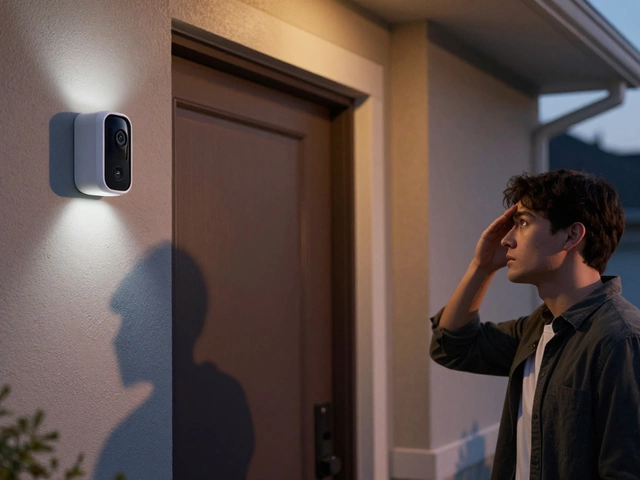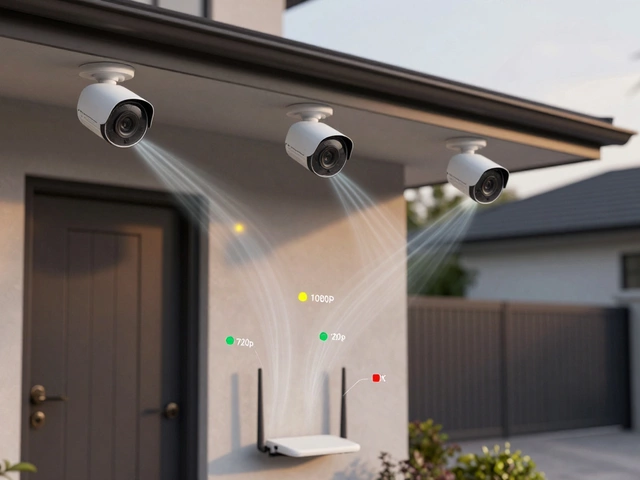Barking Dog Security: Using Your Dog as a Natural Alarm
Ever wonder why a loud bark can make a thief think twice? A barking dog isn’t just a pet quirk – it’s a real deterrent that works alongside cameras, motion sensors, and alarm panels. In this guide we’ll show you how to turn that bark into a solid part of your home‑security plan without adding extra stress for you or your neighbour.
Why a Bark Scares Off Intruders
Most burglars scout a house before they strike. A loud, unpredictable bark signals a presence that could catch them off‑guard, delay them, or even send them packing. Studies from UK policing reports show that homes with audible deterrents are 30% less likely to be broken into. The key is consistency – a dog that barks at unusual sounds, not just the mailman, keeps the risk high for anyone lurking.
Pairing Your Dog with Modern Tech
Today’s security gear can boost the natural guard your dog provides. Here’s how to make the combo work:
Doorbell cameras: Install a video doorbell (think Ring or a wired smart doorbell) at the front entrance. When the camera spots movement, it can trigger a chime that alerts both you and your dog, prompting a bark at the right moment. Most UK models work with a 12V transformer, so wiring is simple if you already have a doorbell line.
Motion sensors: Choose a dual‑tech PIR/microwave sensor for the driveway or garden. When it detects motion, the sensor can send a silent alert to your phone and also flash a light. The sudden light change often makes the dog bark, adding another layer of audible warning.
Alarm integration: Many alarm panels let you add a “dog sensor” input. If the panel senses a breach while your dog is barking, it can treat the bark as a “verified alarm” and dispatch police faster. This works with most UK alarm contracts, including ADT and local providers.
Remember to test the system regularly – a false‑alarm can stress your dog and wear out batteries on wireless cameras.
For households with neighbours close by, keep the bark under control. Train your dog to bark on command and to stop on a separate cue. This way you get the security benefit without constant noise complaints.
Lastly, keep your dog’s health in mind. A tired or ill dog won’t bark reliably, so regular vet visits and proper exercise are part of a solid security routine.
Combine your furry friend’s instincts with smart tech, and you’ll have a layered defence that’s hard for any burglar to ignore. Stay safe, stay quiet when you need to, and let that bark do the heavy lifting.




